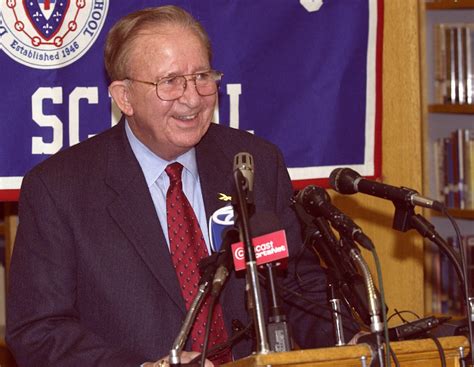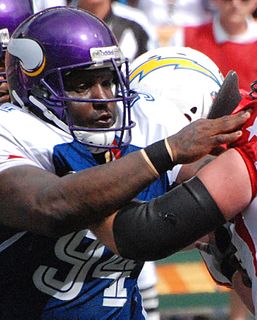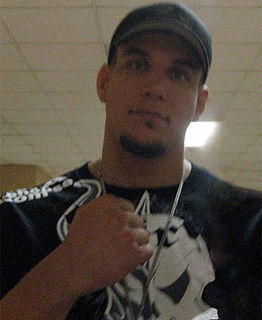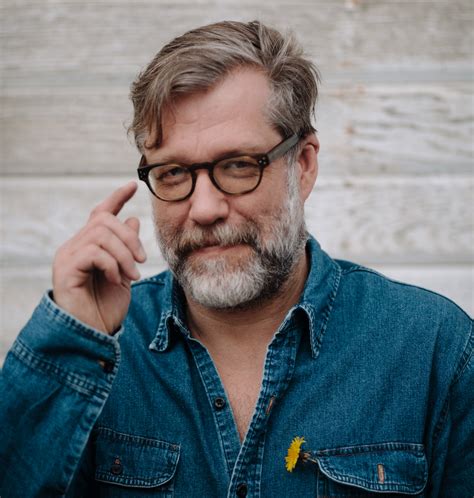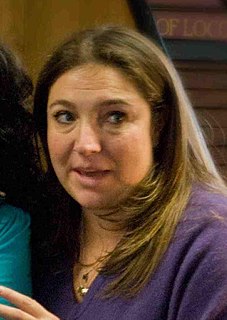A Quote by Dominique Moceanu
We need to educate our elite coaches more and have a better approach to teaching the athletes about how to be healthy rather than berate them, humiliate them, use tactics that could scar them for life.
Related Quotes
It's my life dream to be able to go and continue going to schools and teaching them about stretching and aerobics, cardio and strength training, because I want them to have a better life than I did. I don't want them to grow up to be me. I want them to be healthy. I want them not to go through eating disorders [like me].
If you break down actual techniques and knowledge of MMA, I am more knowledgeable than the head coaches of all the guys I'm fighting. Forget the guys I'm fighting. Obviously I know more than they do, nobody is going to question that. But I also know more than the guys who are teaching them about fighting. I could teach them.
We need changes from the duties and the cares of our accustomed everyday life. They are necessary for healthy, normal living. We need occasionally to be away from our friends, our relatives, from the members of our immediate households. Such changes are good for us; they are good for them. We appreciate them better, they us, when we are away from them for a period, or they us.
I learned very early on not to speak to my folk from on high, but to get down with them, beside them, showing them how to act rather than telling them. And I suggested that they should do the same with one another: that they didn't need a book of rules to tell them what to do and what not to do, but experience and action.

